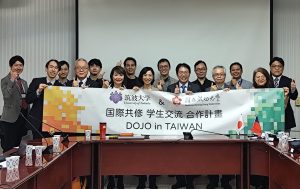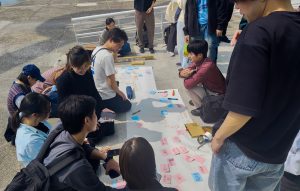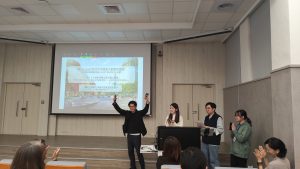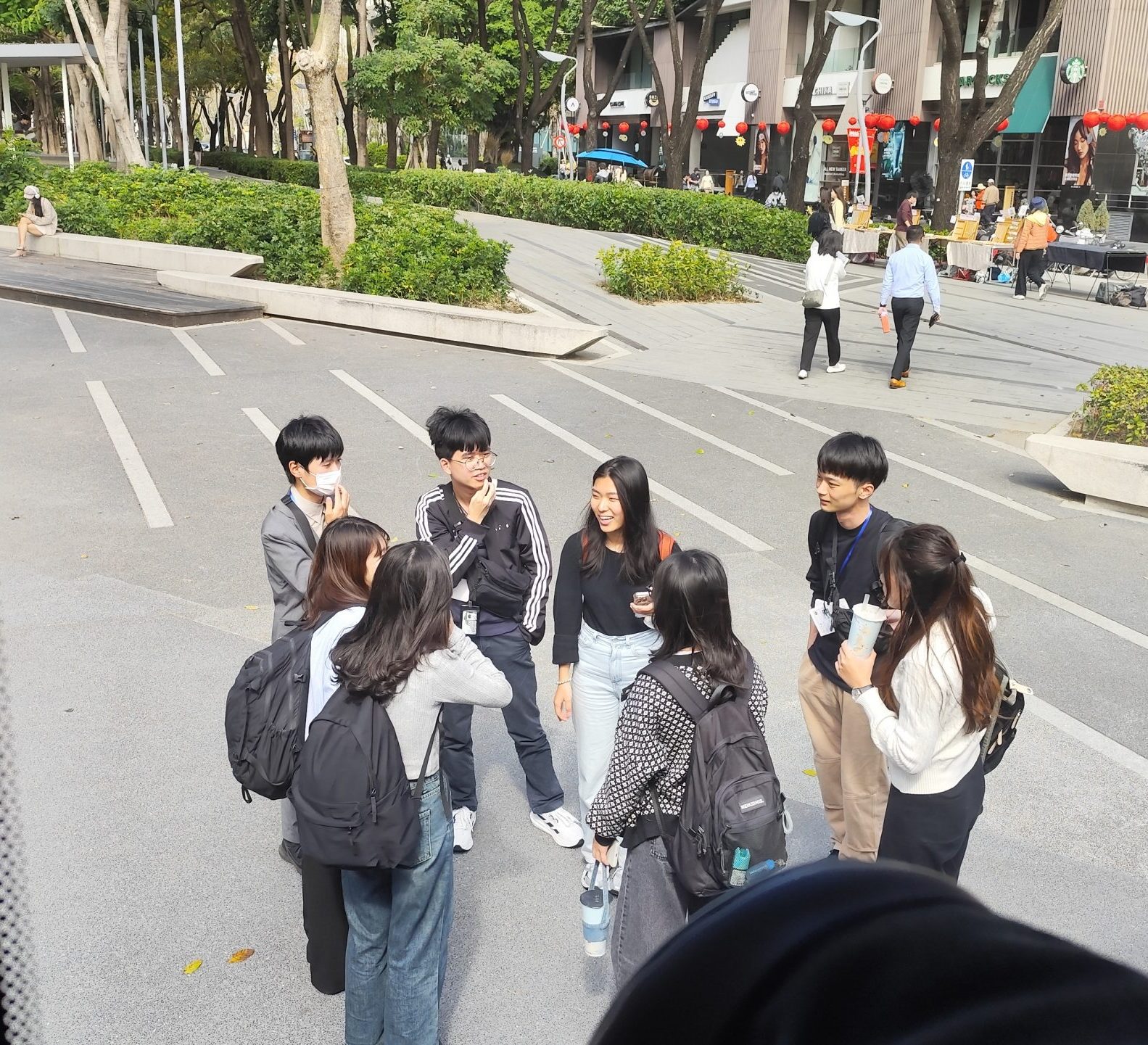News and Information
-
National Cheng Kung University
Pilot DOJO Program Successfully Launched at NCKU
| 「DOJO in Taiwan」 marked the pilot implementation of the Multicultural Campus Project Toward Social Impact, an initiative designed to inspire students to engage in collaborative expeditions aimed at addressing social issues both in Japan and abroad.
From February 8 to 16, the program brought together 20 students from the University of Tsukuba and 20 students from National Cheng Kung University (NCKU). During this period, students from both universities lived, dined, and worked together in a training camp-style environment, fostering close collaboration and multicultural exchange. This project was made possible through an industry-academia partnership between the University of Tsukuba (UT) and Mitsui Fudosan. As part of their research, students analyzed LaLaport in Taichung as a case study. The course content was co-developed by Prof. Naoko Fujita from the University of Tsukuba’s Institute of Art and Design and Prof. Yung-Chi Yen from NCKU’s Department of Urban Planning. UT and NCKU Students conducted a field survey in Taiwan to investigate shopping culture. Using LaLaport Taichung—a recently introduced Japanese “Jikan Shouhi-gata” (time-consuming) shopping mall concept—as a case study, they analyzed the shopping environment through a multisensory approach, focusing on sight, touch, sound, smell, and taste (food culture).Their research included interviews with shoppers, mall management, and local government officials to understand urban planning considerations. Students also examined art and environmental designs within the mall to assess their impact on the shopping experience and cultural engagement. Additionally, they evaluated the mall’s activities, facilities, design, and accessibility, comparing these elements with other shopping areas in Taiwan, such as those in Kaohsiung, Taichung, and Tainan. Through their investigation, students identified key factors shaping the shopping experience and developed proposals to enhance shoppers’ quality of life while delivering value to stakeholders. The multidisciplinary nature of the student teams led to innovative ideas, ranging from the use of bioluminescent organisms to advanced AI applications for shopping optimization. These findings were presented to key decision-makers, including executives from Mitsui Fudosan, representatives from the Department of Urban Planning, and members of the Center for National Land Development Research. The success of the Pilot DOJO Program highlights the potential of the Multicultural Campus Project Toward Social Impact to create meaningful learning experiences for students while fostering international industry-academia collaboration. This initiative is expected to pave the way for future cross-border projects that address social challenges through innovative, interdisciplinary approaches. The program ultimately aims to establish six (6) active DOJO Programs worldwide among CiC partners and other partner universities in the next five years. |

DOJO in Taiwan was made possible by the collaboration of UT, NCKU, and Mitsui Fudosan.

UT and NCKU student conducted field survey and co-developed proposal to improve the shopping experience in LaLaport Taichung.

Students presented these proposal to to key decision-makers, including executives from Mitsui Fudosan.


